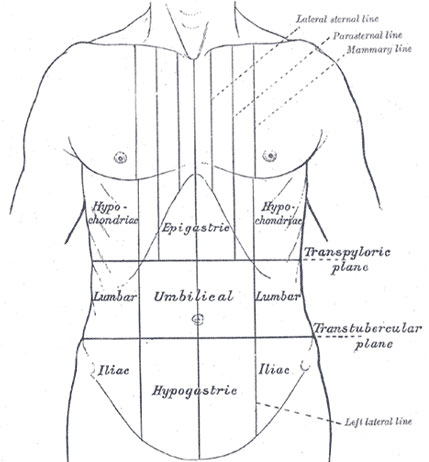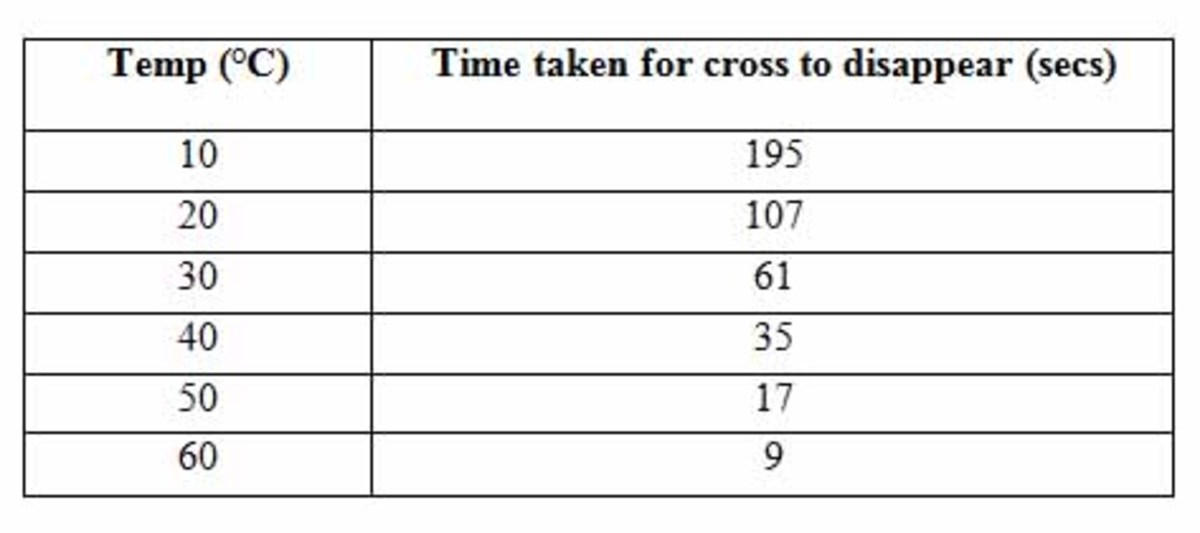Indigestion Symptoms
Indigestion (Dyspepsia)
There are two main forms of indigestion or dyspepsia not associated with any gross structural change in the component tissues of the stomach. One is dependent upon inadequate secretion of the gastric digestive juice, atonic indigestion; and the other, acid indigestion, is dependent upon an excess of the secretion.
These are both functional disorders of digestion, in contrast to organic disease of the stomach such as gastric catarrh or gastritis. Both are exceedingly prevalent, and account for the largest proportion of stomach sufferers.
Atonic indigestion may arise at any period of adult life but it is most frequent as middle age is approached. The symptoms are fairly characteristic. There is a feeling of weight and distension which comes on soon after eating food and it is associated with pain in the heart region or shooting up to the right shoulder. Eructations of wind occur and palpitations are commonly complained of. The appetite is poor and the sufferer in time becomes languid, depressed, wretched and irritable. This type of indigestion is related to long standing errors of dieting associated with constipation and intestinal stasis. Other factors include imperfect mastication of food, anasmia, septic teeth or gums, overwork and mental anxiety. To remedy this malady, the main indication is clearly to correct the dietetic errors about which more will be said later in the article. During the acuter phases, food should be carefully selected and should consist chiefly of milk, soups, white fish and a moderate amount of carbohydrate (starches). Bitter tonics are sometimes advisable to stimulate the stomach secretion. A short rest before and after meals will often prove helpful. Every effort should be made to improve the general health. Abdominal massage and exercises are also valuable.
Acid indigestion is most often complained of by young adults from about twenty-five to thirty-five years of age. Not infrequently they are of the athletic type, men and women who have indulged in active energetic sports, but whose circumstances or increase of years have led to an abandonment of such recreation. Very often such people are also of a nervous or highly strung temperament, given to worry and anxiety. Acid indigestion is immediately dependent upon an excess of hydrochloric acid in the gastric juice. This acid plays an essential part in stomach digestion, but if too much is secreted it is likely in time to upset the digestive processes and cause unpleasant symptoms.
Recent investigations suggest that there is a type of individual who is constitutionally prone to excessive secretion of hydrochloric acid. Such individuals have abnormally sensitive nervous systems and have difficulty in meeting the strains and stress of life. Prolonged mental or physical overwork and depressing emotional experiences readily precipitate an attack of acid indigestion in those persons. Most of such victims date the onset of their symptoms to some peculiarly harassing episode in their lives.
The characteristic symptom of acid indigestion is a burning pain in the stomach which comes on from one to two hours after taking a meal. This pain may be very severe, and may lead to emptying of the stomach with immediate relief. Some people will find that the eating of more food, especially protein, will alleviate the discomfort. Often there are acid eructations, while waterbrash is commonly associated. This latter symptom is caused by the swallowing of an excess of saliva and its regurgitation into the mouth. As a rule there is not much flatulence—a point which differentiates this type of acid indigestion from the atonic variety, in which organic acids arise as a result of fermentation taking place in the stomach. Nearly always in acid indigestion the appetite is quite good; in fact, often the desire for food is unusually keen. The tongue is clean and does not suggest any stomach disturbance. Constipation in some degree is nearly always present, and this is one of the factors which tends to perpetuate the condition. Once established, acid indigestion may persist for long periods—-unless active steps are taken for its relief. Phases of quiescence are followed by attacks of pain and discomfort, these frequently coinciding with some worry or overwork.
As to the control and management of acid indigestion, certain simple measures of relief are available. For the immediate relief of the burning sensation in the stomach alkalis are indicated. Twenty to forty grains of sodium bicarbonate will be wonderfully efficacious provided the condition is a true acid indigestion. In fact, the remarkable efficacy of sodium bicarbonate is a corroborative point in the diagnosis of this disorder. To enhance its effect sodium sulphate and sodium phosphate are often combined with the bicarbonate. It is generally advised that the powder should not be taken as such, but should first be dissolved in water.
Although successful in relieving the unpleasant symptoms of acid indigestion, alkalis must only be regarded as one element of the treatment. It is most unwise to believe that bicarbonate is the be-all and end-all of the control of this form of dyspepsia. This method is to a large extent palliative, and certain alterations are essential in the dietary to cope wilh the increased secretion of hydrochloric acid. It is generally agreed that the amount of carbohydrate or starchy food should be diminished and the proteins and fats should be increased.
Meat may be taken in reasonable quantities, provided it is very lightly cooked. It should be chewed very thoroughly by the teeth before being swallowed. If for any reason the sufferer is incapable of thorough mastication the meat may be finely minced or grated. The protein of the meat rapidly combines with the hydrochloric acid of the gastric juices, and so diminishes the possibilities of its ill-effects. Eggs and white boiled fish may also be taken freely.
Fatty food, butter, cream, olive oil, milk are also recommended, as fats tend to have an inhibitory action on the secretory activity of the stomach glands. Fresh green vegetables can be eaten in reasonable amounts, as also fresh fruits, provided they are well masticated. Condiments, sauces, pickles and spices should be rigorously avoided, as these stimulate the gastric secretion. Plenty of water should be drunk, especially between meals, but wines and spirits should be restricted, or better excluded altogether. Here is an outline of dietary for acid indigestion, but it is to be borne in mind that the personal factor must be duly considered. Likes and dislikes have to be taken into account, but the following will serve as a general guide:

For breakfast
A cupful of warm milk or weakly infused tea with plenty of milk (not coffee); egg lightly boiled, or cold ham, or fish, with wholemeal crisp bread and butter, followed by two teaspoonsful of olive oil or cream.
During the working morning a glass of some egg and milk preparation will often help to stave off any pain or discomfort.
For lunch
Avoid stimulating clear soups with meat extractives. Select a lightly grilled chop or steak, or boiled fish or egg dish or poultry, vegetable puree or a little green vegetable, egg custard, jelly or blanc-mange.
For tea
A cup of weak tea with plenty of milk in the afternoon—avoiding pastries, heavy cakes and sweet biscuits.
For dinner or supper
A little thick vegetable soup, omelet, tripe, chicken, sweetbread or lightly-cooked liver; wholemeal cereal and butter.
Last thing at night a cup of warm milk or egg and milk. Such a dietary should be strictly adhered to for at least six weeks to two months. It is likely that the symptoms of the acid indigestion will rapidly yield to such control, but as soon as the sufferer slips back into the old habits of dietary the condition is likely to recur. It is also important that every effort be made to live as hygienically as possible—on the mental as well as the physical side. Constipation must be remedied. This can best be achieved by the regular use of a mineral oil (liquid paraffin) combined with a magnesium salt or kaolin, and by occasional colon lavage. Irritant purgative pills are likely to disturb further the balance of digestive function and should be avoided. Attention to the health of the mouth is essential. Sepsis in the teeth, gums or tonsils can have a most harmful effect upon digestion, and therefore, if there is any doubt on this matter, an expert should be consulted. It is highly desirable, too, that the dyspeptic should renew or maintain the physical recreations of earlier years, or at least should find some way of obtaining active open-air exercise. As has been emphasized already, the onset of acid indigestion frequently coincides with the relinquishing of energetic physical pastimes.
Then, on the psychological side, the dyspeptic sufferer must endeavor to cultivate a control over his "nerves." Irritability of mood can be conquered if one owns up to the fact of its existence and a deliberate effort is made to stabilize the emotions. Worry and anxiety will magnify any dyspeptic symptoms, and these in turn will increase the worry and anxiety. A vicious cycle is thus created, which must be broken if both the mental and physical symptoms are to be removed.
This content is accurate and true to the best of the author’s knowledge and is not meant to substitute for formal and individualized advice from a qualified professional.







